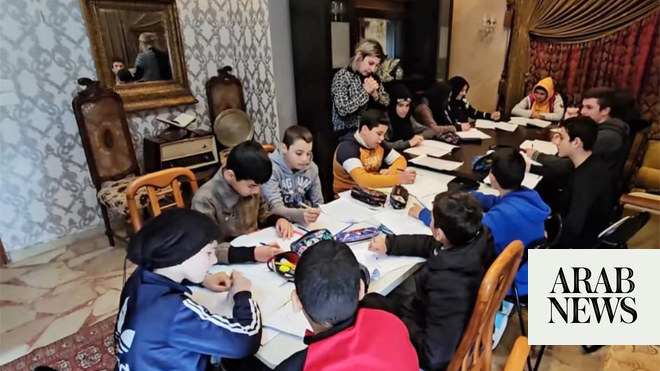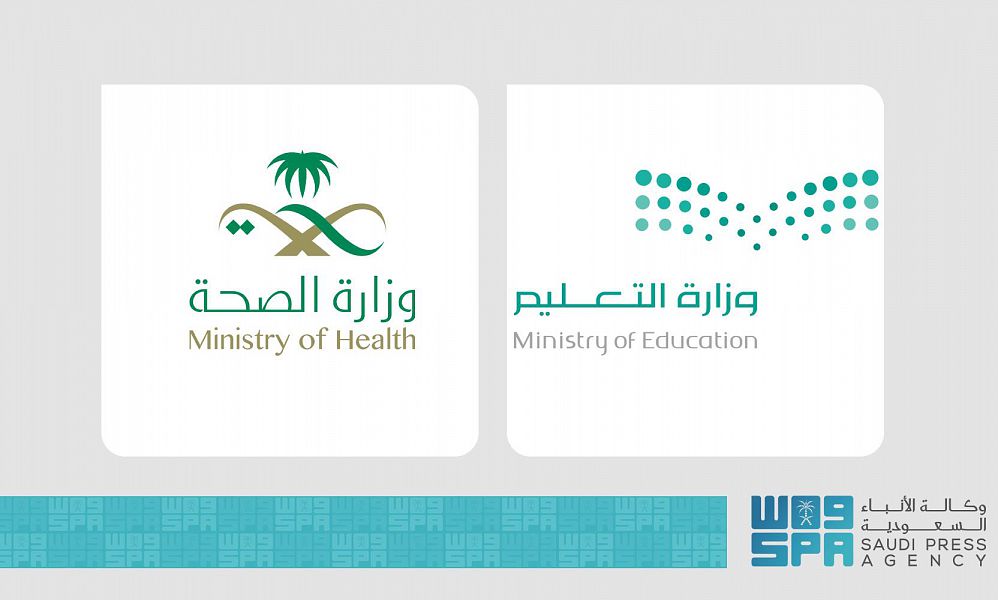
Around 55,000 students attend the class of Islamic education in Germany. A recent German survey conducted by the media association concerned in providing information on immigration asylum, and integration, and engaging the ministries of education in 16 federal states, showed that more than 800 schools provide these classes. The German News Agency received a copy of this survey.
The survey showed that a number of boys and girls who attend the class of Islamic education has grown in the two past years.
According to an evaluation provided by the states’ education ministers at the time, over 42,000 children and teenagers were attending these religious classes in 2016.
A previous study conducted by the German Islam Conference revealed that the demand on these classes has not been covered yet, as 76 percent of Muslims above 16 years old hoped to attend a class of Islamic education in public schools in 2008.
A German citizen has the right to decide his religious belonging once he completes his 14 years.
An instructor of Turkish studies in the German city of Eisen said: “From the Islamic religious perspective, there is no need to wear hijab before puberty.”
The German instructor, who has Turkish roots as well, and works as a researcher of immigration and integration affairs, , explained that devoted parents who send their little daughters to school and sometimes to the nurseries wearing hijab, could be doing this for a disclosed reason which is “when a little girl wears hijab from a very small age, she considers it a part of her public habits, so she don’t ask about it later in her adolescence years,” adding that this is how religion becomes “a second layer of skin” that cannot be removed.
The German researcher added that the increase in the number of fathers encouraging their daughters to wear hijab today is not only due to the growing number of refugees flowing from Muslim countries, noting that the enhanced self confidence among the refugee communities is another important reason.
“The generation of migrant workers didn’t have the courage to express its views with the same confidence that parents of the second and third generations have today,” the researcher said, noting that this applies to both the class of Islamic education and hijab.







